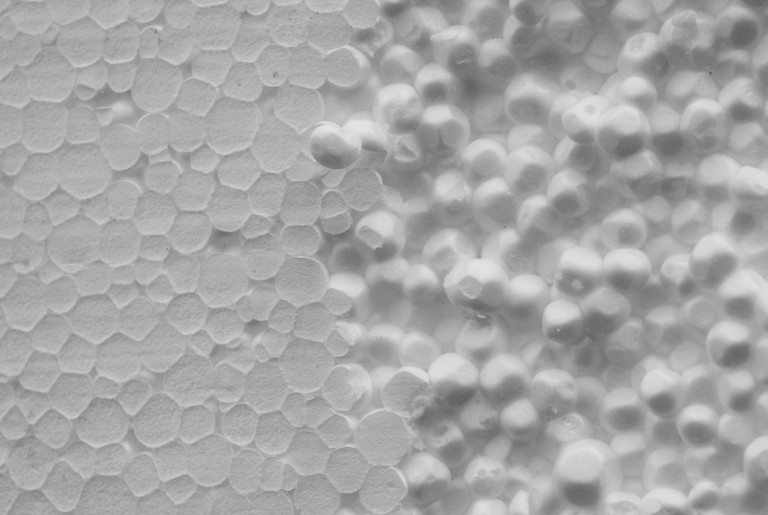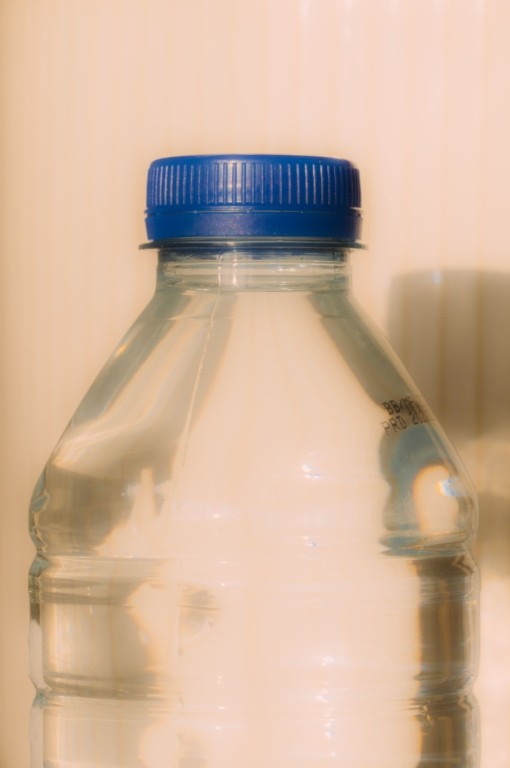
The State of California has banned the use of terms, or items that refer to a product that is biodegradable. The SB 1454 is going to affect all products that claim environmentally friendly alternatives to the environment within the State of California. Currently the State backs corn based plastic which has been proven by the University of Pittsburgh and the American Carbon Registry to create toxins that are 310 times more potent than CO2. The ozone depletion created by these materials such as PLA have not been disclosed to the consumers. Current legislation in California has the consumer use these bags by law within cities such as San Francisco, creating more green house gases per consumer due to the pesticides and fertilizers that are used when making these “compostable bags”. This is causing a problem for the environment and for consumers as their increase “individual footprint” is forced by such legislation like the SB 1454 passed by California.
PLA kills Environment
PLA and other biobased resins are on the top of the list for global warming due to the process of growing these plant based products. Due to the fertilizers and pesticides used the biobased resins are significantly higher in ozone depletion than their counterparts such as synthetic based plastics.
The arguement behind PLA and other biobased resins is that the companies using these products will have the consumers throw the plastic products into industrial compost facilities. These facilities are not prevalent which causes consumers to throw their trash into the garbage bin, this has been a major issue with corn based plastics as they were recently sued in the State of Vermont for making such claims as compostable, when in fact there were not any compost facilities available that took these PLA products from consumers.
In recent events, the President of the largest producer of PLA has stated that their products do not breakdown in a landfill based on their third party testing which was done by organizations that are currently linked to their standardization procedure the ASTM D6400. Due to these restrictions on the corn based plastic breaking down in landfills, we have come to the conclusion that the benefits of corn based plastic is actually negative on the environment as the data shows by the University of Pittsburgh.
While the PLA manufacturers show an LCA cycle that is lower than most synthetic polymers, they do not put into account nor show the actual life cycle of growing the corn with fertilizers and pesticides which is the real increase of “global warming”.
California needs to improve their legislation by allowing consumers to decide which products they would like to use, instead of creating more “green house gases” by the use of corn based polymers like PLA.



